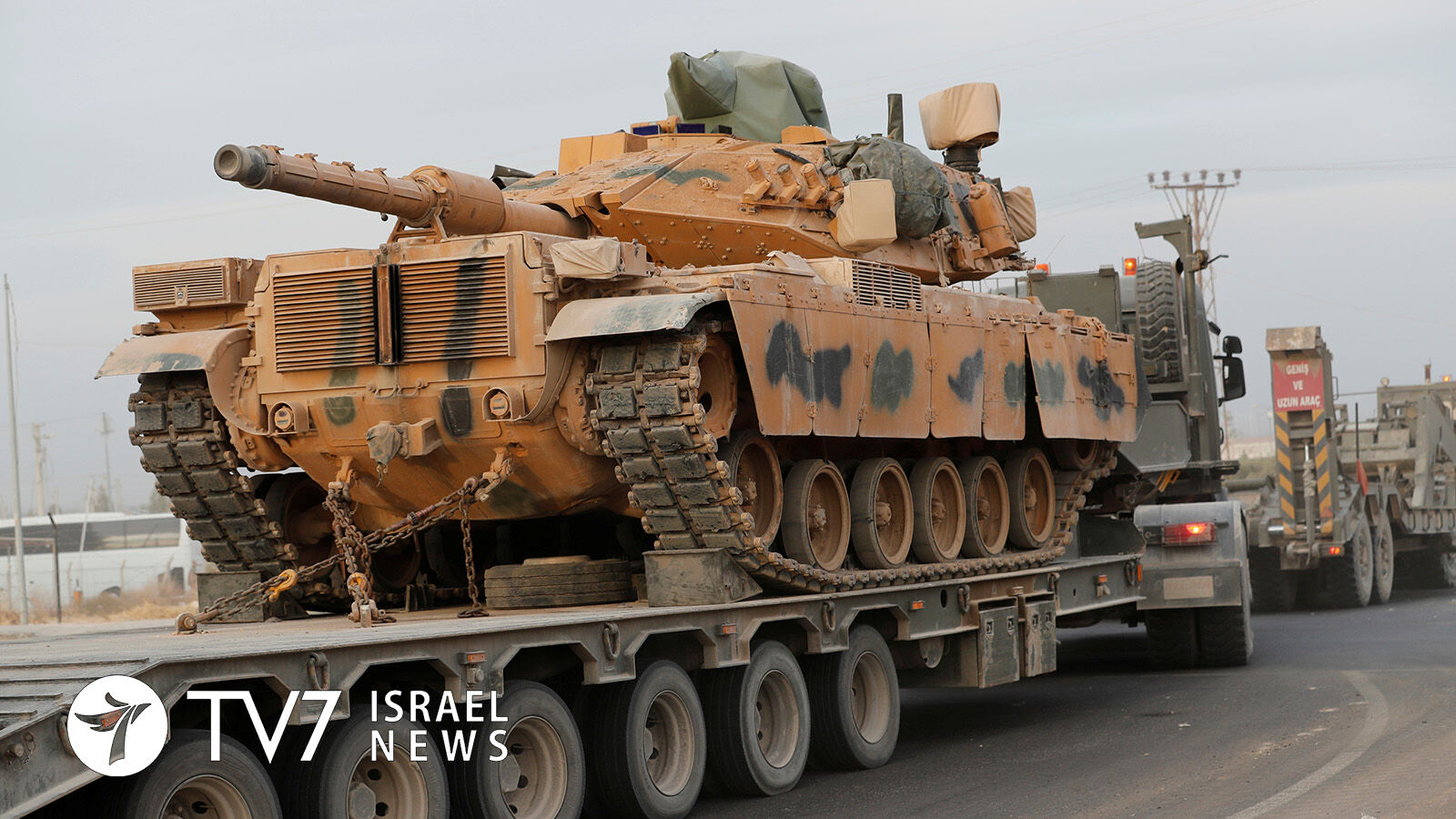The northern part of Syria has been hit by intensive artillery and aerial bombardments by Turkish forces, which are amassing along the shared border ahead of an expected invasion.
By Erin Viner
Long-range howitzers fired daily from Turkey this week have struck the Syrian Kurdish “Yekîneyên Parastina Gel” (YPG), which translates into English as The People’s “Defense” or “Protection” Units, while warplanes have carried out airstrikes. The Turkish Defense Ministry said yesterday that the armed forces (TAF, or in Turkish: Türk Silahlı Kuvvetleri, TSK) had “neutralized” fourteen YPG militants preparing to carry out attacks in Syrian areas under Turkey’s control.
Turkey holds the YPG, which it regards as a wing of the outlawed Kurdistan Workers Party (PKK), responsible for a 13 November bombing in Istanbul that killed six people on a busy pedestrian avenue.
The YPG, which denies involvement in the attack, has occasionally responded to the cross-border assaults with mortar shelling. The PKK, also been designated by the United States and European Union as a terrorist group, has additionally disavowed involvement in the bombing.
“The Turkish Armed Forces needs just a few days to become almost fully ready,” one senior official in the Republic said, while revealing that Turkey-allied Syrian rebel fighters have been ready to launch such an operation withing days after the Istanbul bomb. “It depends only on the President (Recep Tayyip Erdoğan) giving the word,” he added.
According to Turkish sources, such a decision may come at a cabinet meeting next Monday chaired by President Erdoğan, who previously stated that a land operation would get underway to secure its southern border when convenient.
“All the preparations are complete. It’s now a political decision,” another Turkish official told Reuters, also requesting anonymity ahead of the meeting.
A similar offensive Erdoğan threatened against the YPG in Syria last May never materialized.
The first Turkish official said a ground operation would target the Manbij, Kobani and Tel Rifat regions for the purpose of linking territories brought under the control of Turkey and its Syrian allies during previous incursions since 2016. He added that Ankara had been in contact with Moscow and Washington about its military activities.
The Kremlin has asked Erdoğan to refrain from a full-scale ground offensive. Russia has supported Syrian President Bashar al-Assad in the country’s 11-year civil war – while Turkey backs rebel forces fighting to topple him from power. The United States has expressed serious concerns to fellow NATO-member Turkey that any escalation would affect the goal of fighting Islamic State (ISIS) terrorists in Syria.
Joining in voicing concern over Turkey’s impending invasion of its southern neighbor, European Union Foreign Policy and Security Spokesman Peter Stano said that the 27-member bloc “is watching the developments very, very closely” and is calling for “restraint and for urgent de-escalation,” while reiterating “support for a full nation-wide ceasefire in Syria.”
So far rejecting calls for de-escalation, Erdoğan said in public statements following a cabinet meeting yesterday, “Our determination to protect our borders with a 30-kilometer security strip is getting stronger with every incident we experience. Those who come from thousands of kilometers away for their own safety and well-being and cause destruction without discriminating as terrorists or innocents, have to respect Turkey’s sensitivities in this matter.”
“The due date of these terrorists has now passed as their concrete tunnels in which they take refuge today, will soon become their graves. Neither the countries they trust so much, nor the terror barons who put their lives on the market will be able to save them from the tragic fate that awaits at the end,” he went on to vow.
